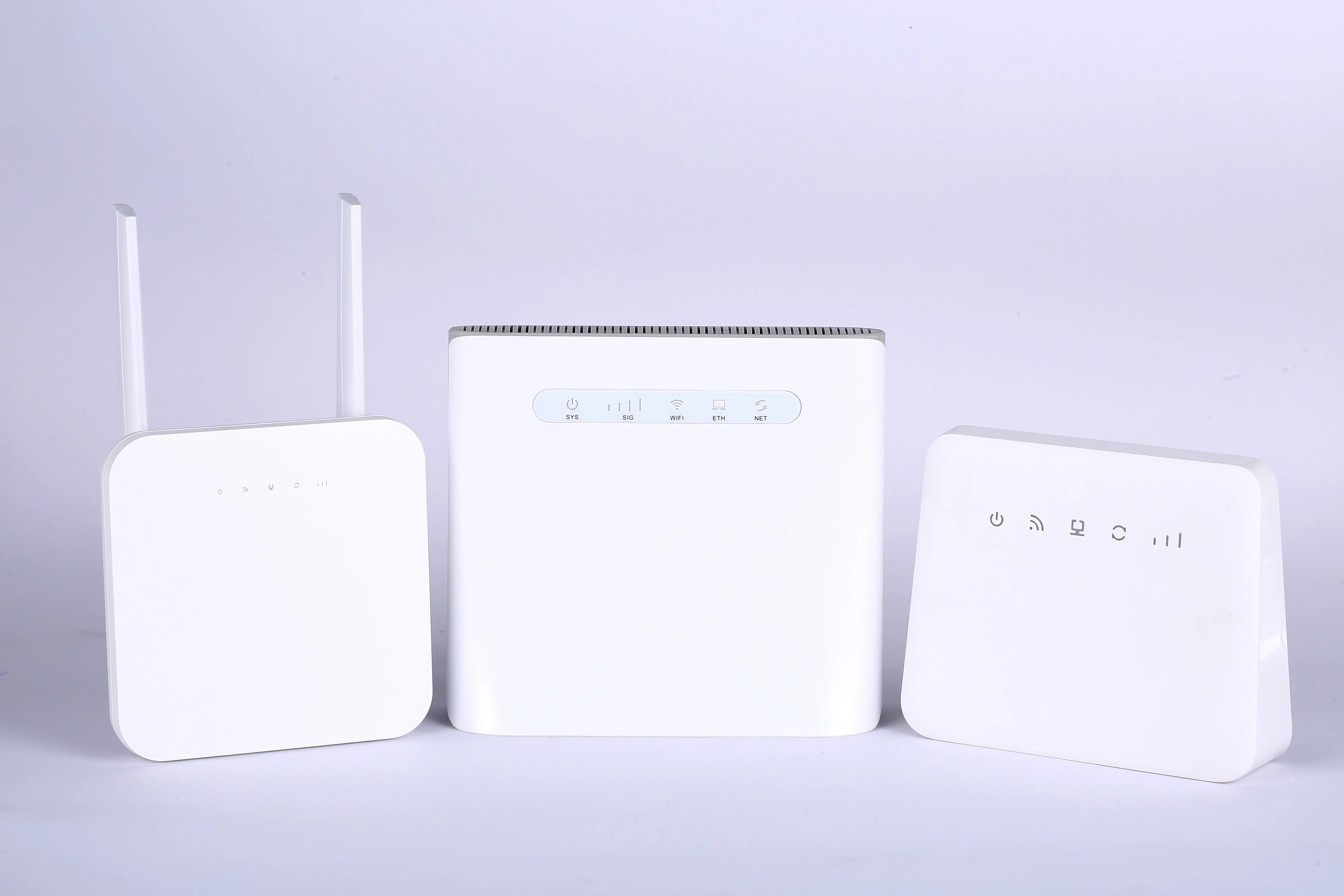2023-09-01
In our digitally connected era, where the internet is as vital as electricity, understanding the technology that fuels our connectivity is crucial. Two terms that frequently appear in the realm of networking are "router" and "CPE" (Customer Premises Equipment). While both are pivotal to our internet experiences, they serve distinct purposes and come in various forms. In this blog, we'll explore the fundamental disparities between a router and a CPE, shedding light on their roles in our connected lives.

A router is a central device in a network setup. It serves as the traffic controller for data packets between your local area network (LAN) and external networks, such as the internet. The typical home user might be familiar with the term "Wi-Fi router," which combines routing and wireless access point functions.
CPE, or Customer Premises Equipment, is a collective term for devices located at a customer's premises that facilitate the connection to an Internet Service Provider (ISP). CPEs vary depending on the type of internet service, but they are the gateway to the internet for your home or business.
In conclusion, routers and CPEs are two distinct yet interdependent technologies that make our internet experiences possible. Routers manage traffic within your local network and provide vital security features, while CPEs are the gateways to your ISP's network, making internet connectivity possible.
Whether you're setting up a home network, managing a small business, or in need of internet on-the-go, understanding the roles of routers and CPEs can help you make informed decisions about your network setup. In today's world of LTE wireless routers and mobile broadband, these devices are the backbone of our digital lives, keeping us connected to the information and people that matter most.
If you're interested in exploring these technologies further, we're here to help. ThinkWill offers a range of routers and CPEs for your connectivity needs. Additionally, we provide routing modules that can integrate these devices into prototypes within a single day. Feel free to reach out to us to learn more and discuss how we can assist you in achieving your networking goals.
For more information about ThinkWill,
please visit our Website, LinkedIn, YouTube, Facebook, Instagram,
and contact marketing@think-will.com for marketing collaboration
How to Distinguish DTUs, Routers and Industrial IoT Gateways
